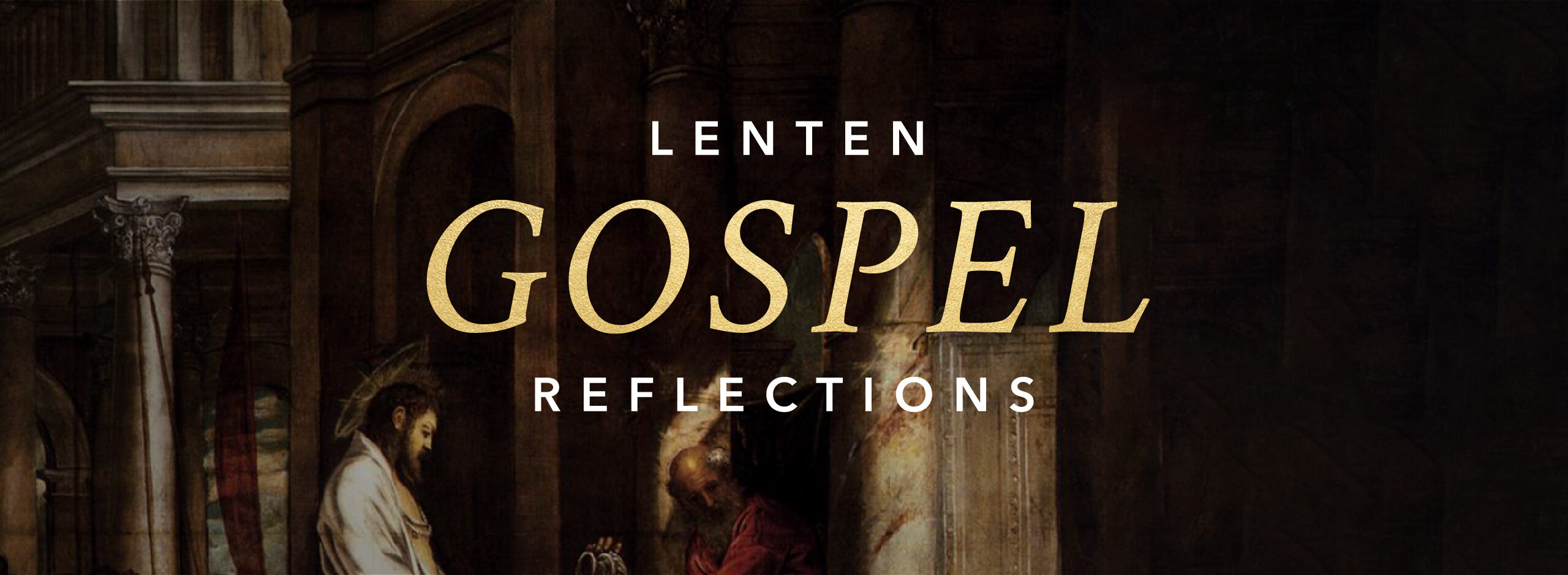Friends, in today’s Gospel, the chief priests and Pharisees unite in a plot to kill Jesus because he raised Lazarus from the dead.
The Crucifixion of Jesus is a classic instance of Catholic philosopher René Girard’s scapegoating theory. He held that a society, large or small, that finds itself in conflict comes together through a common act of blaming an individual or group purportedly responsible for the conflict.
It is utterly consistent with the Girardian theory that Caiaphas, the leading religious figure of the time, said to his colleagues, “It is better for you that one man should die instead of the people, so that the whole nation may not perish.”
In any other religious context, this sort of rationalization would be validated. But in the Resurrection of Jesus from the dead, this stunning truth is revealed: God is not on the side of the scapegoaters, but rather on the side of the scapegoated victim.
The true God does not sanction a community created through violence; rather, he sanctions what Jesus called the kingdom of God, a society grounded in forgiveness, love, and identification with the victim.
